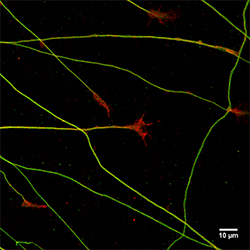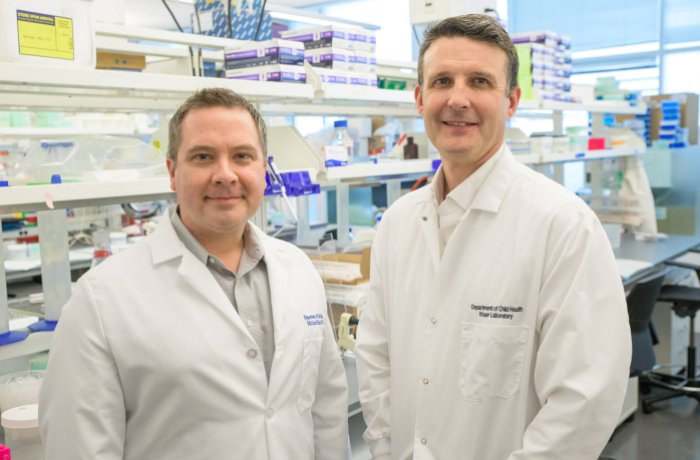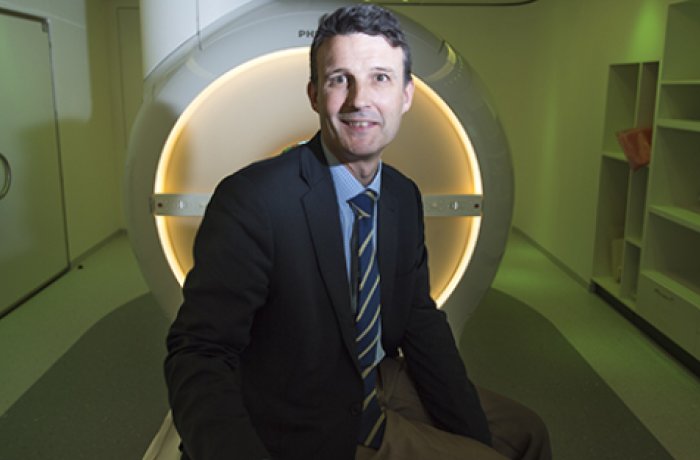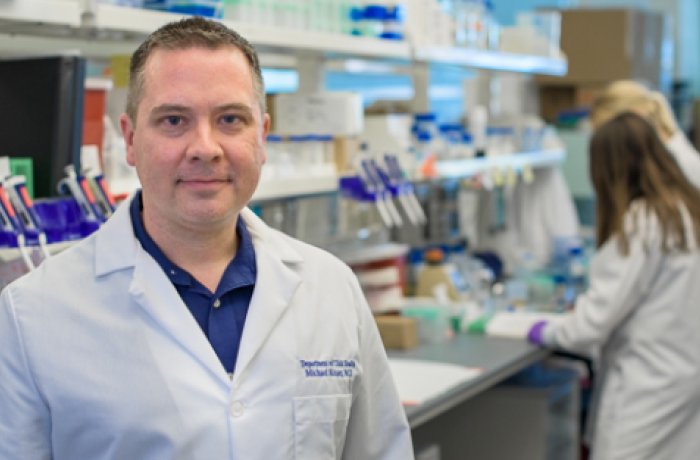We are deciphering important mechanisms that lead to Cerebral Palsy and related disorders.
 The Department of Child Health Molecular and Cellular Neurogenetics Laboratory seeks to overcome current limitations in our ability to effectively diagnose and treat children with neurodevelopmental and neurodegenerative disorders that affect movement.
The Department of Child Health Molecular and Cellular Neurogenetics Laboratory seeks to overcome current limitations in our ability to effectively diagnose and treat children with neurodevelopmental and neurodegenerative disorders that affect movement.
Our work seeks answers to critical questions that impact the health of young people. Our program is inherently translational, with research projects often stemming from encounters with children and adolescents treated at the Phoenix Children’s Pediatric Movement Disorders Program.
(Image: Neuronally-differentiated SHSY-5Y cells displaying growth cones. Axon guidance cues represent a potential point of disruption in the development of CP.)
Objectives
- Define the molecular basis of pediatric movement disorders, including cerebral palsy and rare diseases.
- Discover crucial mechanisms of disease that result from dysfunction of basic cellular pathways that integrate metabolism and cytotoxic stress response pathways.
- Develop informative in vitro systems and models to test targeted therapies.
For further information, please contact the Molecular and Cellular Neurogenetics laboratory principal investigator Michael Kruer, MD, or visit our lab web site.





